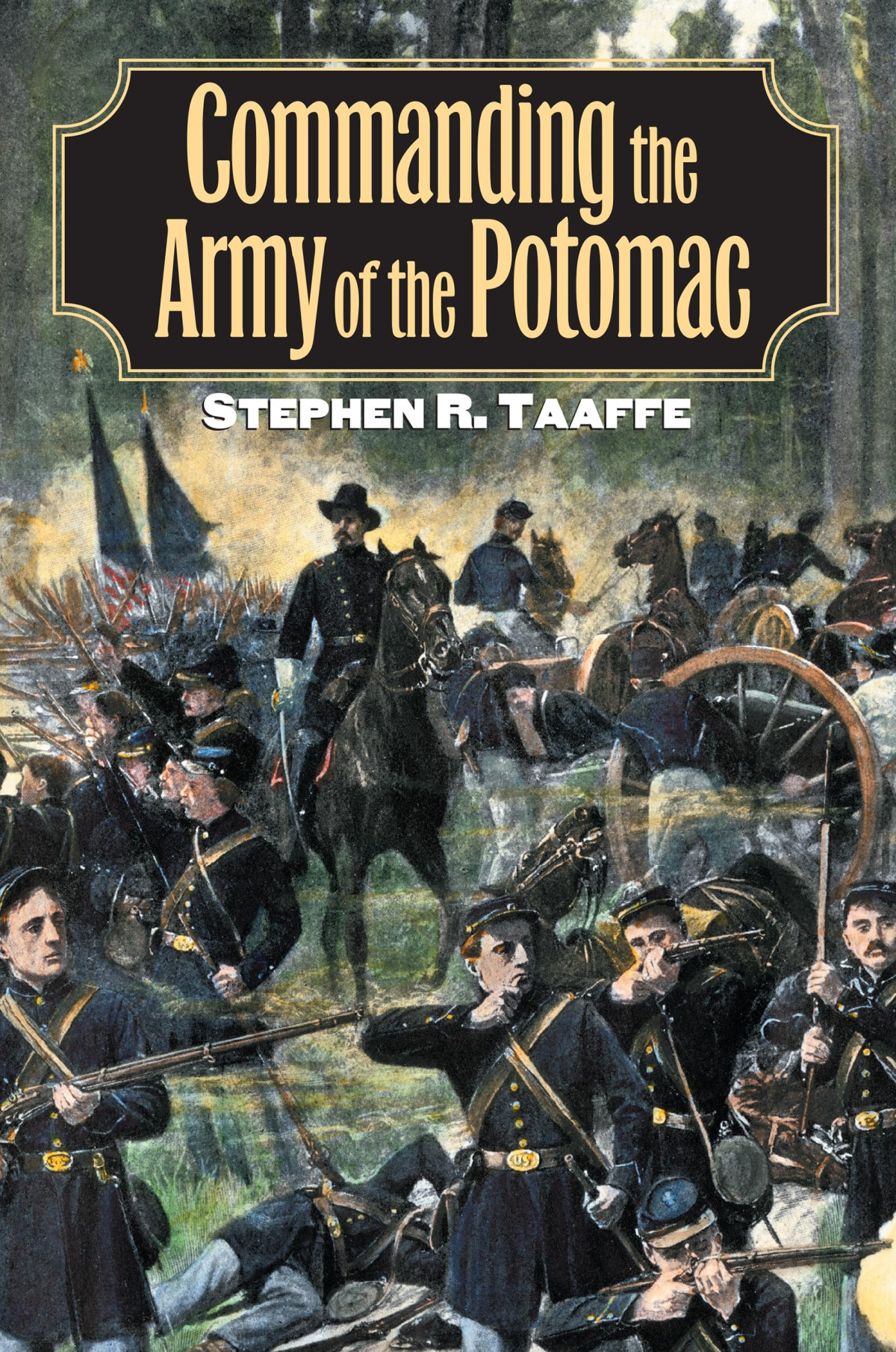

Most ebook files are in PDF format, so you can easily read them using various software such as Foxit Reader or directly on the Google Chrome browser.
Some ebook files are released by publishers in other formats such as .awz, .mobi, .epub, .fb2, etc. You may need to install specific software to read these formats on mobile/PC, such as Calibre.
Please read the tutorial at this link: https://ebookbell.com/faq
We offer FREE conversion to the popular formats you request; however, this may take some time. Therefore, right after payment, please email us, and we will try to provide the service as quickly as possible.
For some exceptional file formats or broken links (if any), please refrain from opening any disputes. Instead, email us first, and we will try to assist within a maximum of 6 hours.
EbookBell Team

5.0
70 reviewsStephen Taaffe takes a close look at this command cadre, examining who was appointed to these positions, why they were appointed, and why so many of them ultimately failed to fulfill their responsibilities. He demonstrates that ambitious officers such as Gouverneur Warren, John Reynolds, and Winfield Scott Hancock employed all the weapons at their disposal, from personal connections to exaggerated accounts of prowess in combat, to claw their way into these important posts.
Once there, however, as Taaffe reveals, many of these officers failed to navigate the tricky and ever-changing political currents that swirled around the Army of the Potomac. As a result, only three of them managed to retain their commands for more than a year, and their machinations caused considerable turmoil in the army's high command structure. Taaffe also shows that their ability or inability to get along with generals such as George McClellan, Ambrose Burnside, Joseph Hooker, George Meade, and Ulysses Grant played a big role in their professional destinies.
In analyzing the Army of the Potomac's corps commanders as a group, Taaffe provides a new way of detailing this army's chronic difficulties—one that, until now, has been largely neglected in the literature of the Civil War.